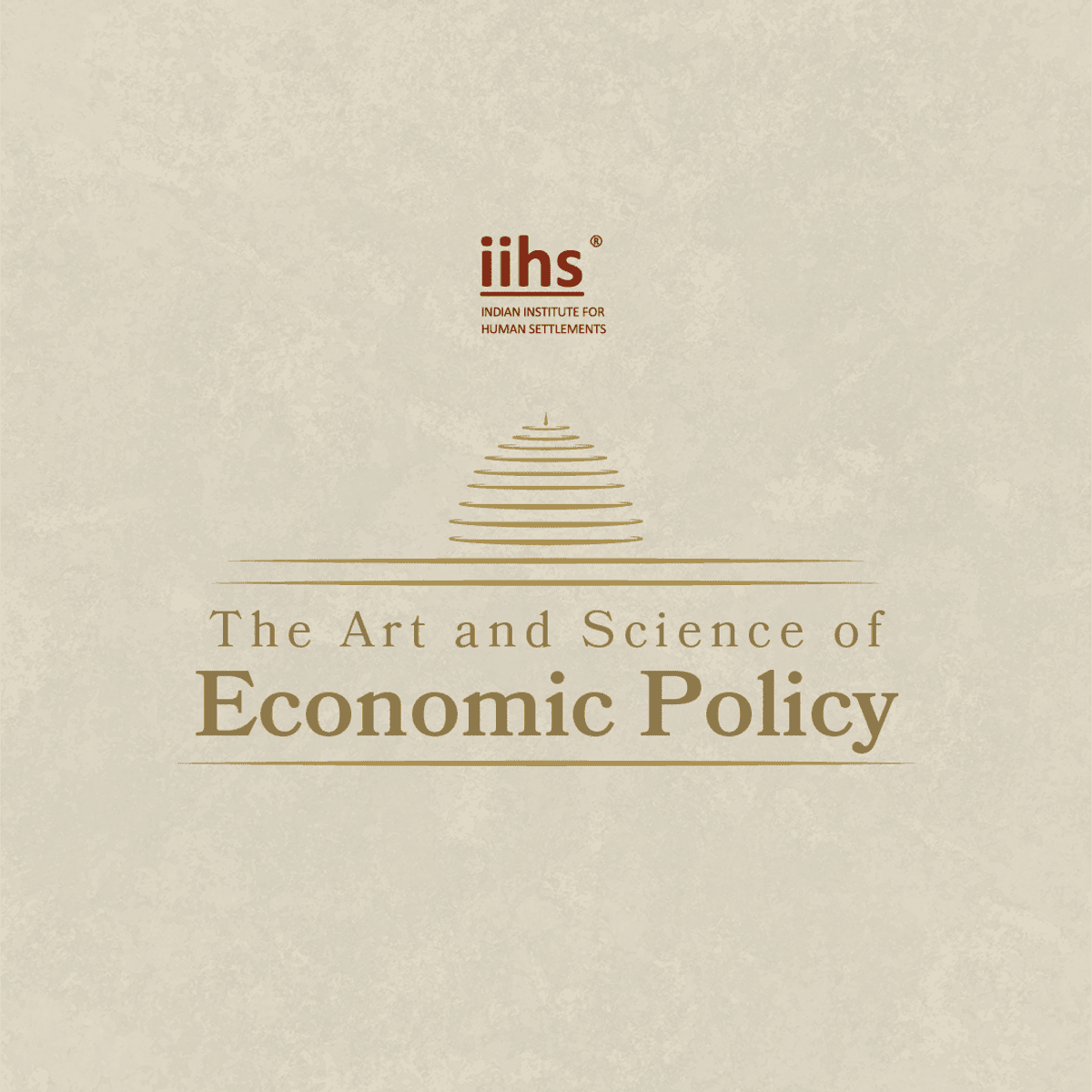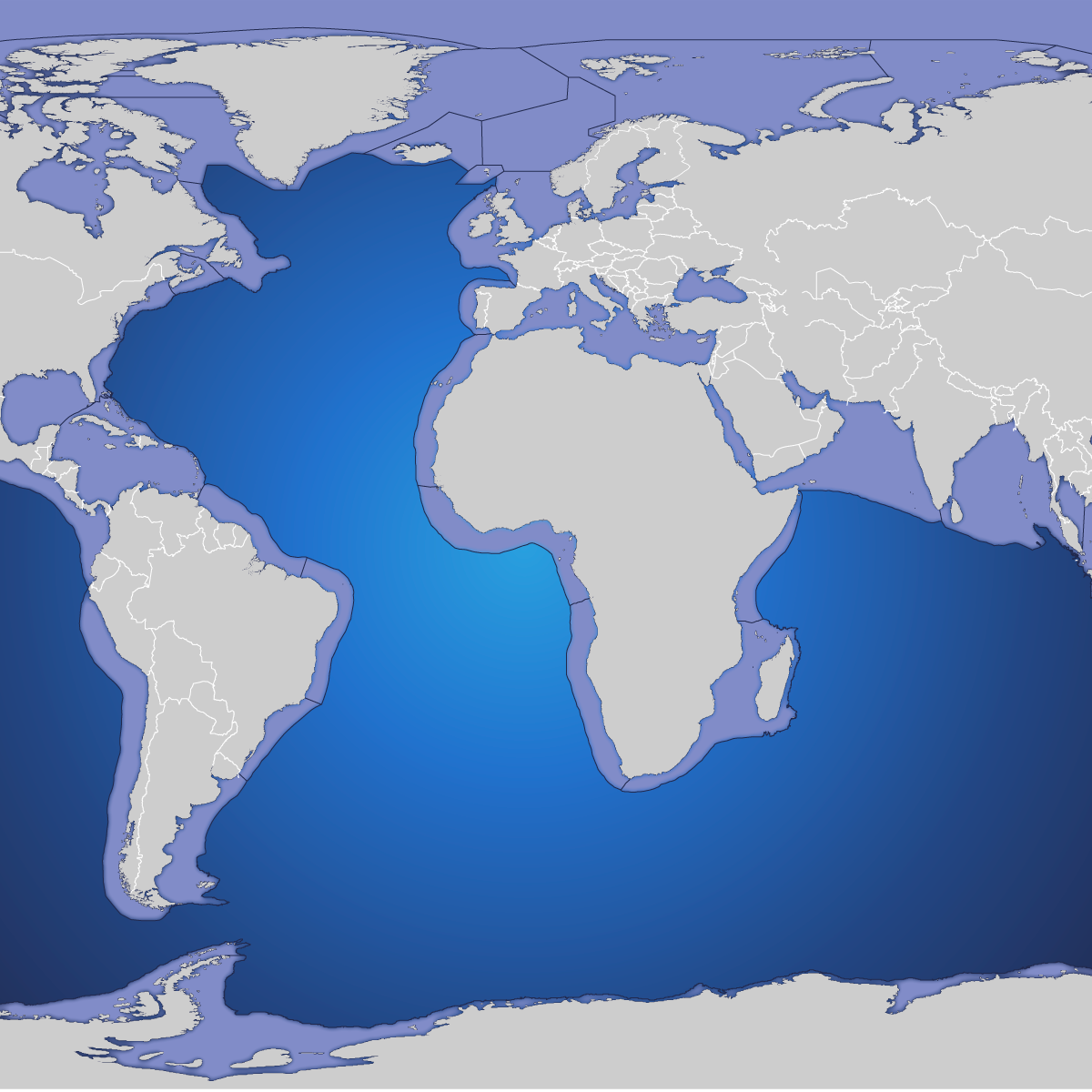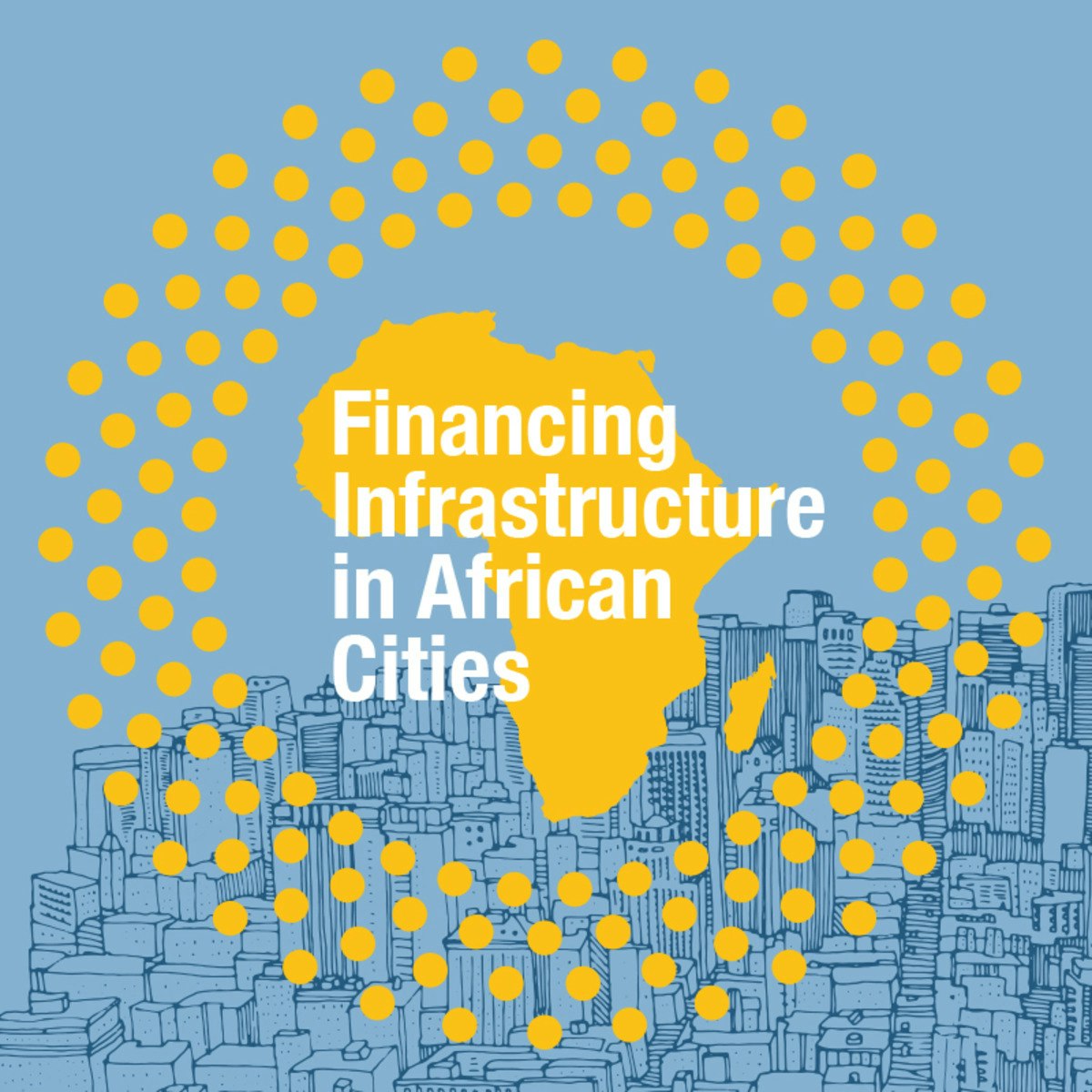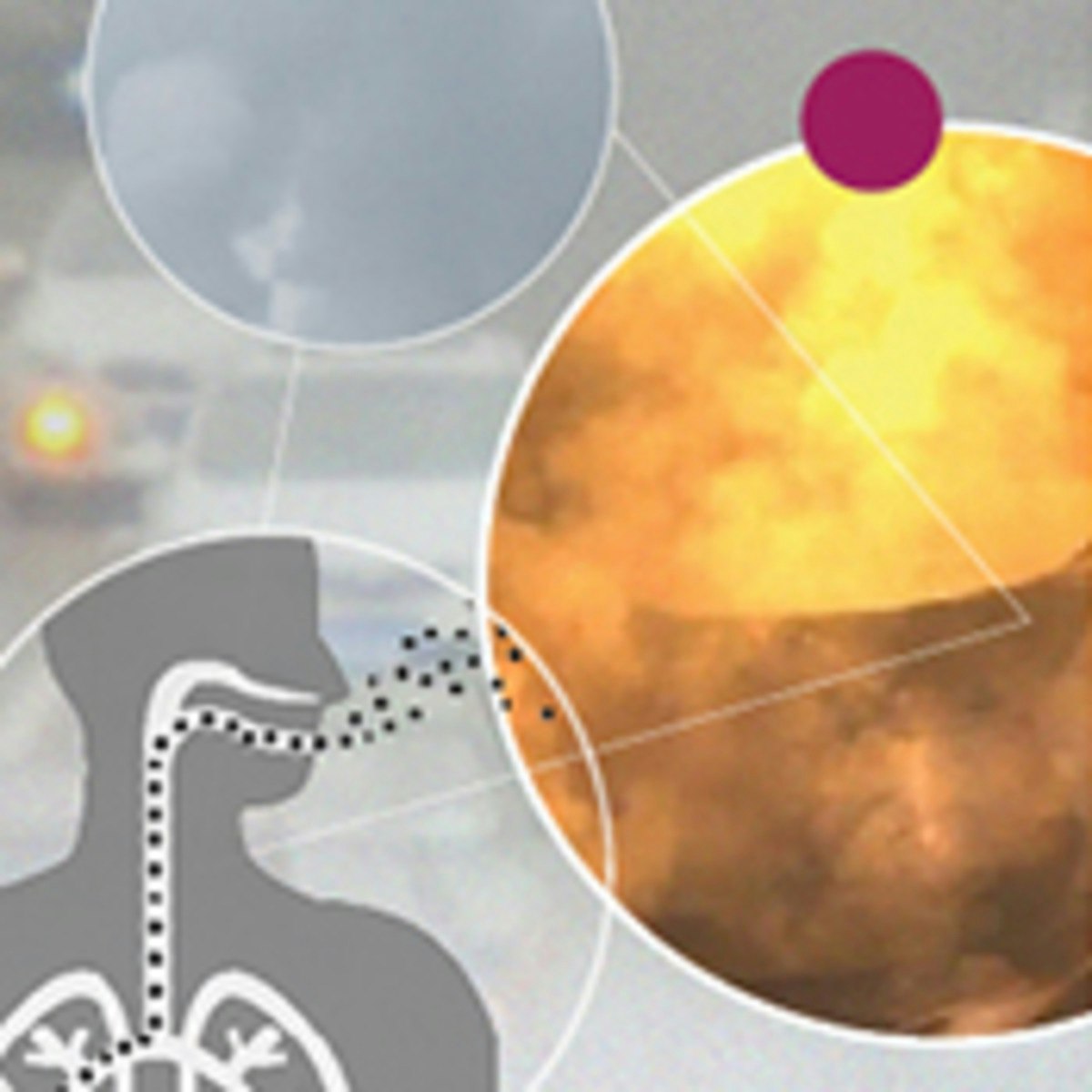Back to Courses









Governance And Society Courses - Page 2
Showing results 11-20 of 270

Reaching Vulnerable Groups through Pandemic Policy
This course aims to provide an in-depth reflection on social work in different contexts, hereby focusing on their needs, the way the contexts have been influenced, and different challenges that have occurred during the last two years.
It aims to set up conversations with multiple professionals where they give information about the hurdles on their path, the lessons learned from these turbulent times, and to give an overview of important ideas and practices that could help reshape the future of social work.
In the end, the goal is to provide specific, hands-on, best practices collected from literature and professionals in Belgium and Europe that help organise social work, both during and after a pandemic.
This course was developed as part of the research project 'Pan-European Response to the Impacts of the COVID-19 and future Pandemics and Epidemics' (PERISCOPE, https://www.periscopeproject.eu/). Funded by the European Commission Research Funding programme Horizon 2020 under the Grant Agreement number 101016233, PERISCOPE investigates the broad socio-economic and behavioural impacts of the COVID-19 pandemic, to make Europe more resilient and prepared for future large-scale risks.

The Art and Science of Economic Policy
Economic policy affects every citizen. And economic policymaking is best done as a collaborative process with a wide range of stakeholders. This course brings an understanding of the relevance and impacts of economic policymaking in everyday life, and the ways for citizens to be involved in shaping economic policy, in an accessible and interesting manner. Taught by Dr. Vijay Kelkar and Dr. Ajay Shah, along with Aromar Revi, Director, IIHS, the course synthesises more than one hundred years of their combined experience as professional economists and public intellectuals.
This course can be covered across 5 weeks with 3-5 hours of learning per week. To get the best out of the course, learners are encouraged to view all the video lectures and conversations, go through other learning material, work on all the assignments and assessments, and participate in discussions in a constructive and respectful manner.
By the end of this course, you will be able to:
~ Identify the role of the government in defining and implementing policy
~ Recognise the various objective aspects of policymaking, and appreciate the various softer / people aspects involved
~ Analyse the steps involved in the process of policymaking, and discuss various nuances and challenges in defining and implementing it
Each citizen plays an important role in shaping our Republic. This course enables citizens, public servants and learners to understand the implications of various aspects of governing a Republic.
If you are a student of economics, public policy, law, political science, and/or management, this course will explain the process of economic policy-making and inform you about the complex systems involved in its creation and implementation.
If you are a public servant in Indian Civil Services involved in public finance and economics, this course will help you gain deeper insights into topics and practices surrounding the design of economic public policy. UPSC aspirants will likewise benefit from the insights and by participating in the discussions the course offers.
Employees and leaders in the private sector who will benefit from having a more nuanced understanding of economic policy and development will also find this course very educational and informative.
We look forward to having you on the course!

Large Marine Ecosystems: Assessment and Management
Focusing on the Large Marine Ecosystems (LMEs) of the world, this course will introduce the concept and practice of ecosystem-based management. LMEs occupy areas of coastal ocean at least 200 000 km² or greater in size. These coastal waters produce 12.6 trillion USD in ecosystem goods and services annually and are vitally important for billions of people around the globe.
Because LMEs are bounded by ocean features and are globally linked, management of human activities needs to occur in an integrated fashion across political boundaries and economic sectors (e.g. fishing, shipping, energy, tourism, and mining.) This represents a new type of management approached - shifting from single sector-based to multi-sector assessment and management within the spatial domain of the world's 66 Large Marine Ecosystems. There is global high-level support for this new approach and in this course, we will introduce the concepts and tools for assessing and managing LMEs.
Together, leaders and experts in a global movement to recover and sustain the goods and services of LMEs will introduce you to the mechanisms used for assessment (Transboundary Diagnostic Analysis), planning and implementation (Strategic Action Programme). Based on recent activities in implementation and practice of the LME approach in 22 projects around the globe, we will showcase examples of effective management at this scale, and highlight the challenges and issues. By the end of the online course, we hope you will be able to actively use this knowledge to advance sustainable development of the world’s oceans.
The course was created with the support and input of: the Global Environment Facility (GEF), the United Nations Development Program (UNDP), the National Oceanic and Atmospheric Administration (NOAA), UNESCO-IOC and IW:LEARN.

Financing Infrastructure in African Cities
The world is urbanizing fast. In less than a century more than 1 billion people have been urbanized. That translates into the fact that more than half of the world’s population is already living in cities. Experts forecast that very soon Africa will become one of the most urbanized continents. However, almost 70% of world’s urban population is living in the cities where governments are struggling to provide basic services like sanitation, schools, hospitals, and adequate clean water.
The reason is that, their governments do not have enough money. This may also be true also for the city where you live or work. Poor infrastructure affects your daily life. Local governments struggle with mobilizing finances so that they can improve your quality of life but many times they are not aware of the right mechanisms.
Imagine that your government wants to know how can they finance cities and they want you to advise – where will you begin with? Our finance experts are bringing their experience right at your Desk through this MOOC. This MOOC has five modules and in five weeks you will learn:
• Financial decision making environment in urban systems
• Mechanisms for mobilizing local revenues
• Innovative mechanisms for financing infrastructure projects through partnerships, and
• Financial decision making under uncertainties and risks
We will provide you a carefully selected set of literature, quizzes and interactive discussion forums. So join our MOOC and find out the ways to make your city a better place to live in for yourself and for your next generations.
(This MOOC was developed in collaboration with the United Cities and Local Governments of Africa (UCLG-Africa), African Local Governments Academy (ALGA), and Erasmus University Rotterdam)

African cities : An Introduction to Urban Planning
This course teached the basics of urban planning in Africa through technical, environmental, social and economical dimensions.
It focuses on African cities only. Although, they exemplify well cities in the Global South, and potentially all cities, we will make the African context highly topical.
The course is provided by the Urban and Regional community at the Swiss Federal Insitute of Technology in Lausanne (EPFL). More information can be found here https://ceat.epfl.ch/

Attracting and Sourcing Diverse Candidates
It is during the shortlisting and interviewing processes, which are typically undertaken by a single panel, that candidates most often report being unfairly assessed during recruitment efforts. In this situation, it is often revealed that personal characteristics, such as age, gender, or race, rather than relevant characteristics, such as skills and experience, fed into a particular decision about who to hire.
In this module, you will learn how unconscious bias can affect the shortlisting and interview processes. You will become familiar with various practical strategies and techniques to forward a fair and merit-based assessment of all candidates.
This course represents 'Part 2' of the two-part Diversity and Inclusion Recruitment Strategy series offered by the University of Western Australia. It is also one of four that comprise the Recruiting for Diversity and Inclusion Specialization.
Complete all four courses to gain an in-depth understanding of this fascinating and important topic.

Air Pollution – a Global Threat to our Health
We all have to breathe to live. But the air we breathe is polluted both outdoors and indoors. Each year, this pollution costs 7 million lives across the globe – and a lot of suffering. 1 in 8 deaths is due to air pollution. This course will provide you with an introduction to the most recent research in the field of health effects of air pollution as well as a broader understanding of sources and spread of air pollution and what we should do about it.
What is air pollution? What are the sources? How and where are we exposed outdoors and indoors? What happens in the body? Which diseases are the result? Who are the most vulnerable? How can we assess the effects of air pollution? And what should we do to reach the Sustainable Development Goal to “substantially reduce the number of deaths and illnesses from hazardous chemicals and air, water and soil pollution”? These are some of the important questions we will address in the course.
During the course you will meet researchers and experts from the University of Copenhagen and the Technical University of Denmark. They work with different aspects of air pollution and health: toxicology, exposure assessment, epidemiology, engineering and health impact assessment. It is a global responsibility to combat the health impacts of air pollution, and this fight can only be won through new knowledge and global collaboration.
We hope you will join us in the course and equip yourself to take part in this global and individual health challenge.

Climate Change and Water in Mountains: A Global Concern
What is climate change ? How are mountain regions affected by the evolution of water resources and their uses ? What kind of risks need to be considered ?
Mountains are recognized as particularly sensitive physical environments where intense and rapid changes have in the past, and may increasingly in the future, place pressure on their resource base.
In this context, a team of roughly 100 experts worked from 2008 to 2013 for the European ACQWA project (www.acqwa.ch) which was coordinated by the University of Geneva. The primary objectives of the project were to assess the impacts of a changing climate on the quantity and quality of water originating in mountain regions, particularly where snow- and ice melt represent a large, sometimes the largest, streamflow component. A further objective of the project was to determine the potential disruptions to water-dependent economic activities related to the climate impacts on hydrological systems, and to propose a portfolio of possible adaptation strategies.
This particular MOOC is inspired by the ACQWA Project and offers a better understanding of climate change, its impacts on the quality and quantity of water in mountain regions and the risks related to changing water resources. From an interdisciplinary perspective, the participation of twenty-five instructors from five different countries (Switzerland, England, South Korea, India and Nepal) and fourteen institutions (UNIGE, RTS, UNIFR, UZH, ETHZ, Meteodat GmbH, WGMS, Imperial College London, Agroscope, République et Canton de Genève, Yonsei University, IHCAP, ICIMOD, SDC, FOEN) highlights the diversity of both theoretical and practical viewpoints related to these issues.
By the end of this course, you will be able :
- to define the general concept of climate change in mountain regions
- to understand the concepts associated with climate change such as adaptation and water governance strategies
- to consider the impacts of climate change on water resources in mountain regions
- to identify the impacts of climate change on hydropower, agriculture, aquatic ecosystems and health
- to enumerate risks that can occur in mountain areas and lead to disruptions in water availability and use.
Your acquired knowledge will be evaluated through multiple-choice quizzes at the end of each unit of the course.
This MOOC on “Climate Change and Water in Mountain Regions : A Global Concern” was initiated and financed by the University of Geneva, through its Institute for Environmental Sciences.
We look forward to you joining us !

Qualitative Research Methods
In this course you will be introduced to the basic ideas behind the qualitative research in social science. You will learn about data collection, description, analysis and interpretation in qualitative research. Qualitative research often involves an iterative process. We will focus on the ingredients required for this process: data collection and analysis.
You won't learn how to use qualitative methods by just watching video's, so we put much stress on collecting data through observation and interviewing and on analysing and interpreting the collected data in other assignments.
Obviously, the most important concepts in qualitative research will be discussed, just as we will discuss quality criteria, good practices, ethics, writing some methods of analysis, and mixing methods.
We hope to take away some prejudice, and enthuse many students for qualitative research.

People, Technology and the Future of Mobility
Welcome to the People Technology & Future of Mobility course! This course provides a lay-person’s introduction to some of the major technological innovations currently underway in the mobility space and asks learners to apply a variety of social science concepts to understand the likely social impacts of these technologies. The course is appropriate for learners from all backgrounds and does not require prior training in engineering or social science.
The content presented in this course draws on a number of interviews and lectures and was created through a partnership with Siemens.
This course challenges learners to envision mobility of the future that is safer, cleaner, and more equitable. We will examine recent technological advances, as well as the socio-economic and policy implications, of two major evolving mobility-related technology spaces: electrification and automation.
Popular Internships and Jobs by Categories
Find Jobs & Internships
Browse
© 2024 BoostGrad | All rights reserved